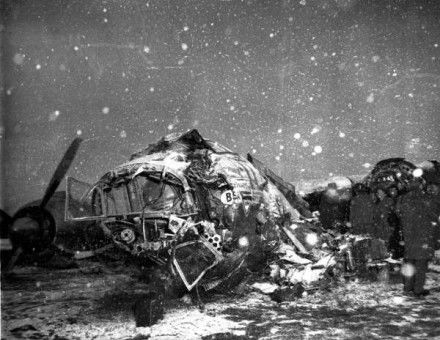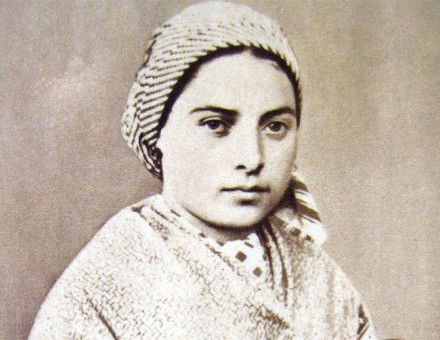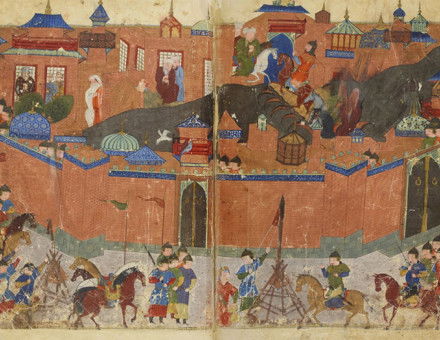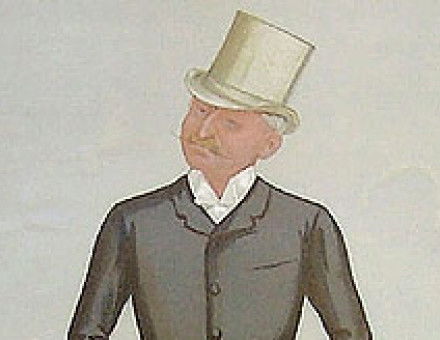Pages of History: Daumier’s Political Eye
Peter J. Beck describes the work of Honoré Daumier, born 200 years ago this month, which provided an early visual documentary newsreel and commentary on the key political and social movements in mid-nineteenth century France.






